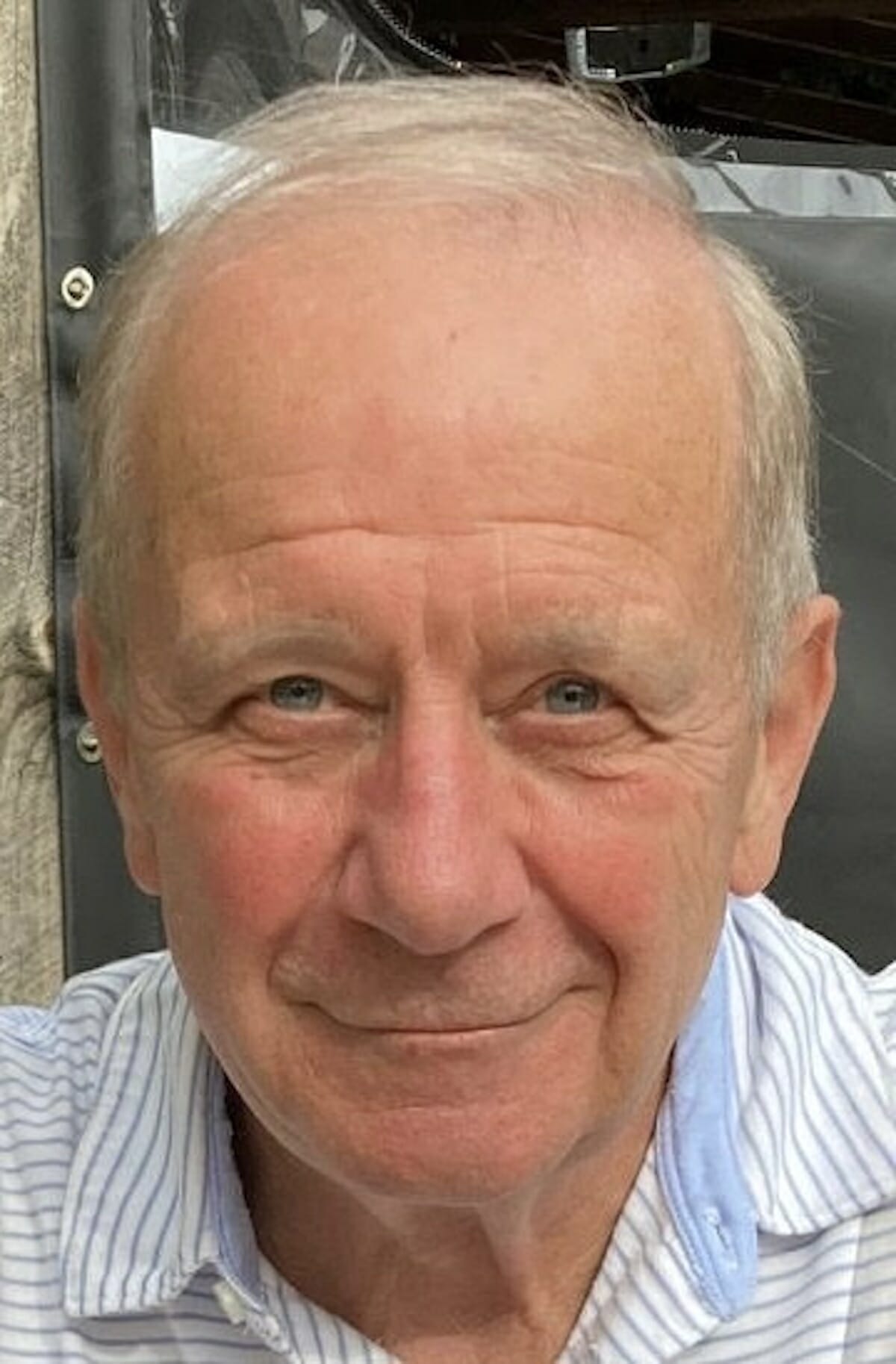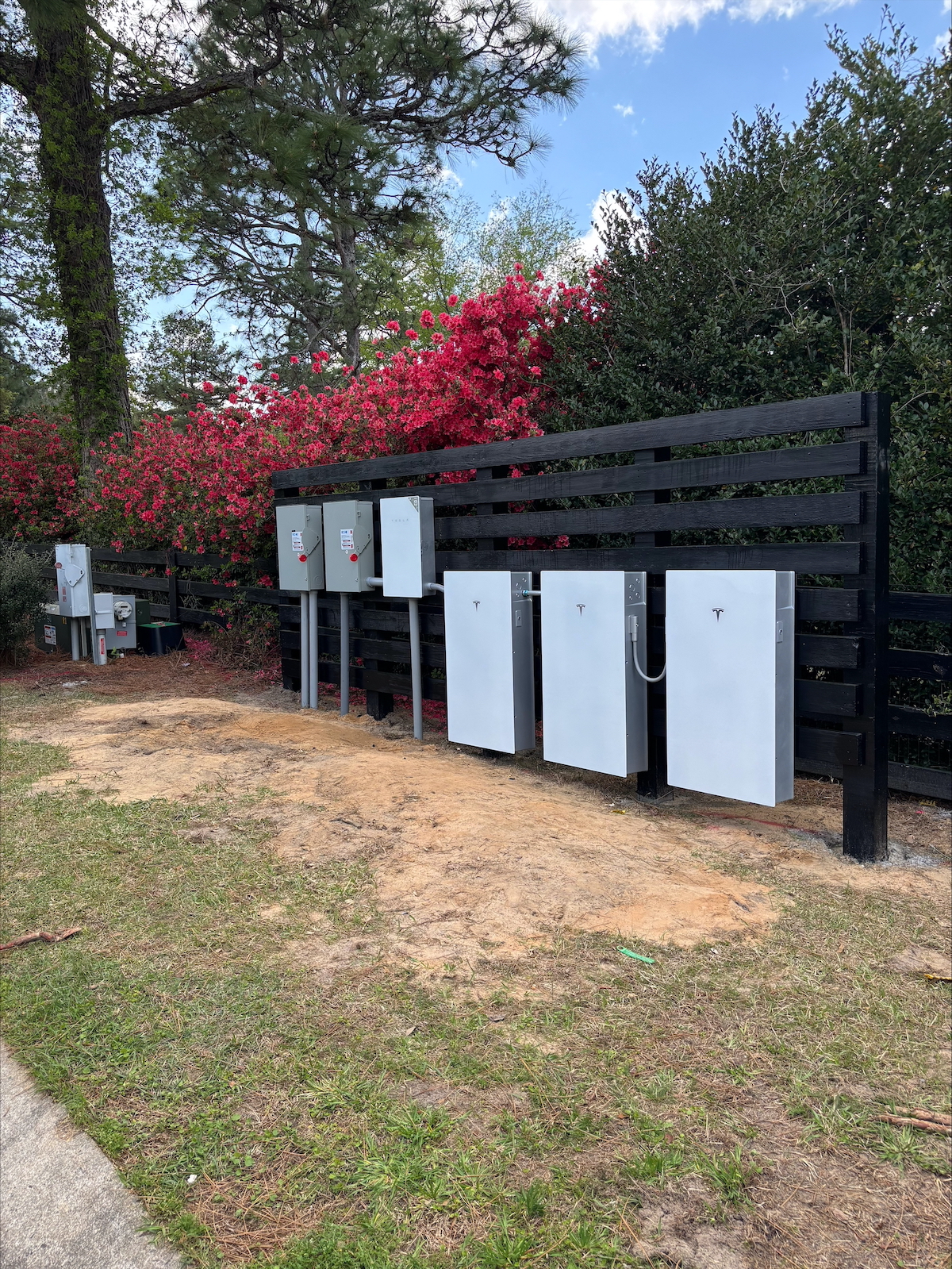By Donald Wright
Looking through old photo albums a few days ago, I came upon a yellowed newspaper clipping with a photo of my father, Richard Wright, climbing into the cockpit of a U.S. Army Air Corps trainer plane, under the headline, “Relative of Original Fliers Seeks His Own Wings.”
During Dad’s eastern-Indiana upbringing, he had encountered Orville Wright at a few smallish family reunions, and we milked the suspected connection for all it was worth. So, apparently, did the Army Air Corps, seeking public approval of the country’s rapid military buildup prior to our entry into World War II.
Dad finished college in June 1941, with war raging in Europe and Japan’s attack on Pearl Harbor not quite six months away. With sentiment for the Allies growing, Dad got wind of a new Aviation Cadet program, signed up, and was sent to train at Maxwell Field in Montgomery, Ala. That happened to be the spot where, three decades earlier, Wilbur and Orville Wright conducted the world’s first flying school.
Whether aided by his relationship to the pioneering aviators or not, after training at half a dozen bases across the South, Dad earned his wings in April 1942 and was soon piloting a B-25 medium-range bomber. His initial overseas assignment was to Egypt, where his 434th Bomber Squadron of the 9th Air Force was to assist British forces in their fight against German General Rommel’s Afrika Korps, which was advancing toward the Suez Canal.
Of course, back then one didn’t take off from somewhere in the United States and fly non-stop to Cairo, especially in an aircraft labeled “medium range.” Dad flew from Miami to landing strips in Trinidad and coastal Brazil; across the Atlantic to West Africa, with stops in Sierra Leone, the Gold Coast, and Nigeria; eastward through Sudan to Khartoum; and, finally, northward down the Nile to Egypt. Dad’s squadron arrived in time to participate in the decisive battle of El Alamein in late 1942 and then in the Western Desert Campaign that ended up driving the Germans back to the west, through Libya and Tunisia, and eventually out of North Africa.
But bombing German forces in the desert might not have been the scariest moment of Dad’s experience. That occurred earlier, on the trip to get there, flying between Kano in northern Nigeria and El Fasher in Sudan, a mere 1,150 miles in an aircraft that, carrying extra fuel rather than heavy bombs, could fly twice that distance.
For navigation the B-25 had a compass and a device that, once close to its destination, could locate and home in on a radio beam sent out from the airfield. As Dad told it, they left Kano heading pretty much due east, but after a while a fierce storm off the Sahara forced them miles off course. Once back in the proper heading and in what they perceived to be range of the El Fasher airstrip, they sought the expected radio beam, but found nothing.
They flew in various directions, getting lower and lower on fuel, increasingly desperate to locate the signal to direct them to the airfield. Finally, after what seemed to Dad like hours of searching, they picked up a weak signal, headed toward its origin, sighted the strip, and landed. As I remember Dad telling it, his voice cracked just a bit even those several decades after the incident. “We didn’t even make it to the hangar,” he said. “We ran out of fuel as we were taxiing and had to be towed the last several hundred yards. Another five minutes and we’d have gone down in the desert.”
Telling this story, as I’ve done quite a few times over the years, still makes me a little uneasy. Dad flew 35 combat missions in North Africa and returned to duty in Greenville, S.C. My mom joined him there and, well, a little more than nine months later I was born. Dad had, by then, been redeployed to the European theatre of the war. I didn’t cast eyes on him until I was 18 months old.
Had Dad not made it to El Fasher in 1942, I wouldn’t be writing this. So, I’m especially glad they picked up the radio beam. So are my kids, and even my wife — most days, anyway.
Donald R. Wright is a Distinguished Teaching Professor of History, Emeritus, at SUNY-Cortland. In 2005-06 he held the Mark Clark Chair of History at The Citadel. He is author of books on African, African-American, and Atlantic histories. Don and his wife Doris live in Beaufort.








